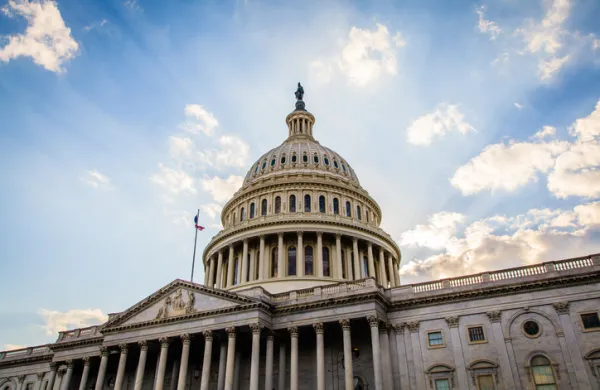Experts see a small pay cut coming for executives at traditional asset managers, hedge funds, and private equity shops, particularly at smaller firms, given disruption in the underlying economy because of the coronavirus.
The predicted five-to-10 percent compensation drop would make for two down years in a row, according to Johnson Associates’ third-quarter report on year-end incentives.
But that average belies striking differences between the haves and have-nots in asset management.
The consultant expects compensation changes to range widely, from 20 percent cuts to 7.5 percent hikes.
Costs have continued to grow as investors want more hand-holding, data, and analytics, while compliance burdens expand, according to Johnson Associates. At the same time, investors continue to pressure managers for fee deals. Some asset managers are still cutting staff given shrinking asset bases or only modest inflows as the industry consolidates. Last month, for example, Morgan Stanley announced plans to buy asset manager Eaton Vance.
George Wilbanks, an executive recruiter specializing in asset management, sees a great divide between firms with healthy and sustainable margins and those struggling for three-plus years. The profitable camp tends to include alternatives firms, smaller boutiques that still generate high excess returns, and wealth management firms with differentiated services. On the other side of the spectrum are mid-sized mutual funds firms that are getting rolled up with competitors. One long-suffering manager — the decades-old value shop AJO — is closing its doors altogether.
“The gap between firms that are doing well and those who are suffering is expanding rapidly, and even accelerating because of the recession we’re in. The ultimate impact is they can’t pay as well,” Wilbanks said in an interview. “Those with a defensible and unique service proposition are seeing rising revenues and profitability that is flat to up slightly,” he said. The haves are paying people accordingly, he said. But Wilbanks stressed that the flourishing firms represent 30 percent of the overall market at the most.
The largest private equity and hedge funds are among the winners, seeing a lot of new money in recent years and even during the pandemic. “These firms pay more each year, partly because of retention instability. During growth periods, you pay more because having your top people picked off will only curb your expansion,” he said.
[II Deep Dive: Majority of Private Equity and VC Staff Are ‘Dissatisfied’ With Pay]
According to Johnson Associates, compensation at hedge funds will decline five to 10 percent from the year prior. Even private equity, which has flourished in recent years as more and more institutional investors allocate to alternatives, can expect a similar average pay cut.
But it’s the smaller PE firms that will shoulder the biggest declines in pay. During the pandemic, they’ve struggled to raise money as investors have channeled capital to the funds they know. Few investors are willing to take a flyer on a small or new shop — especially without meeting the team in person.







